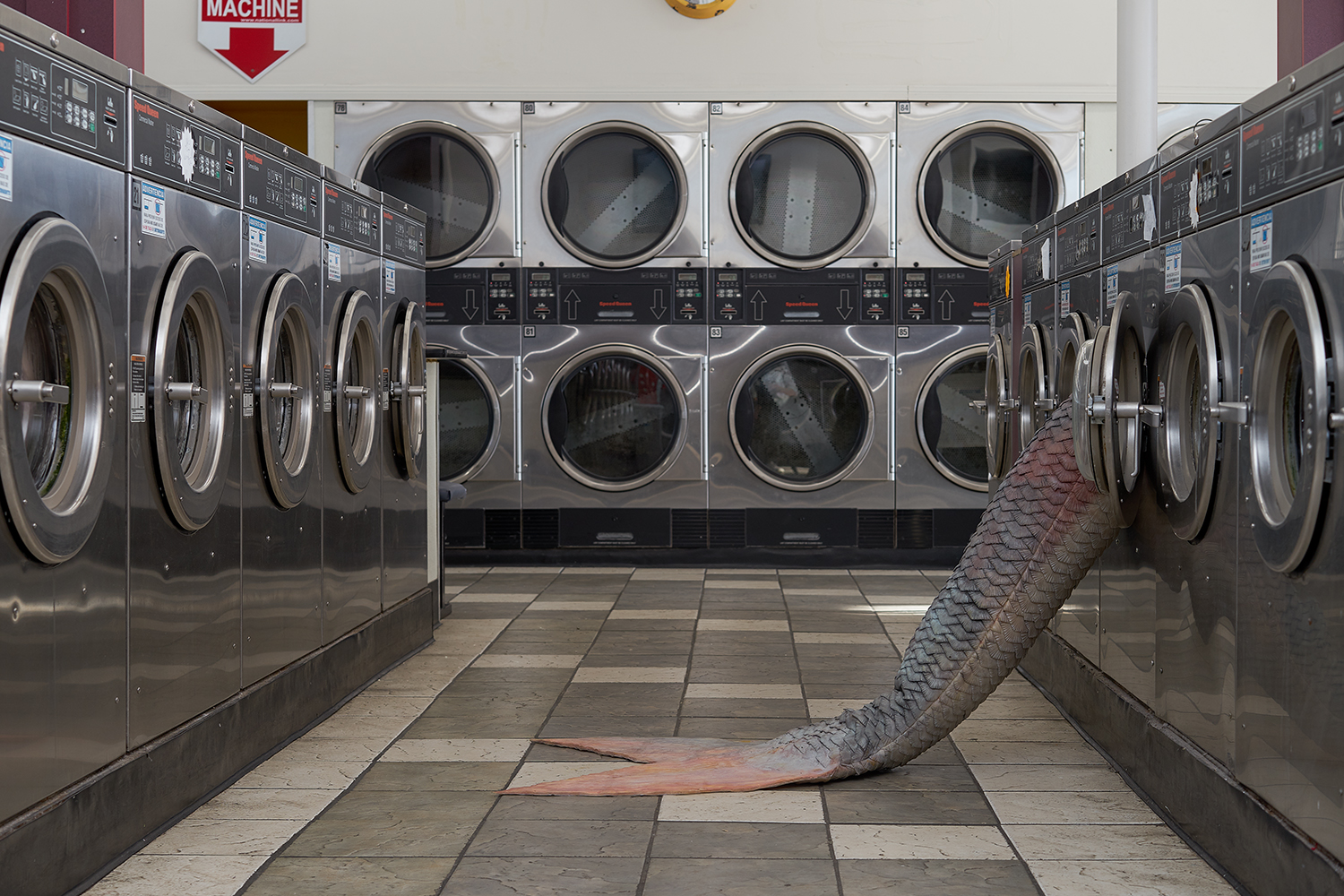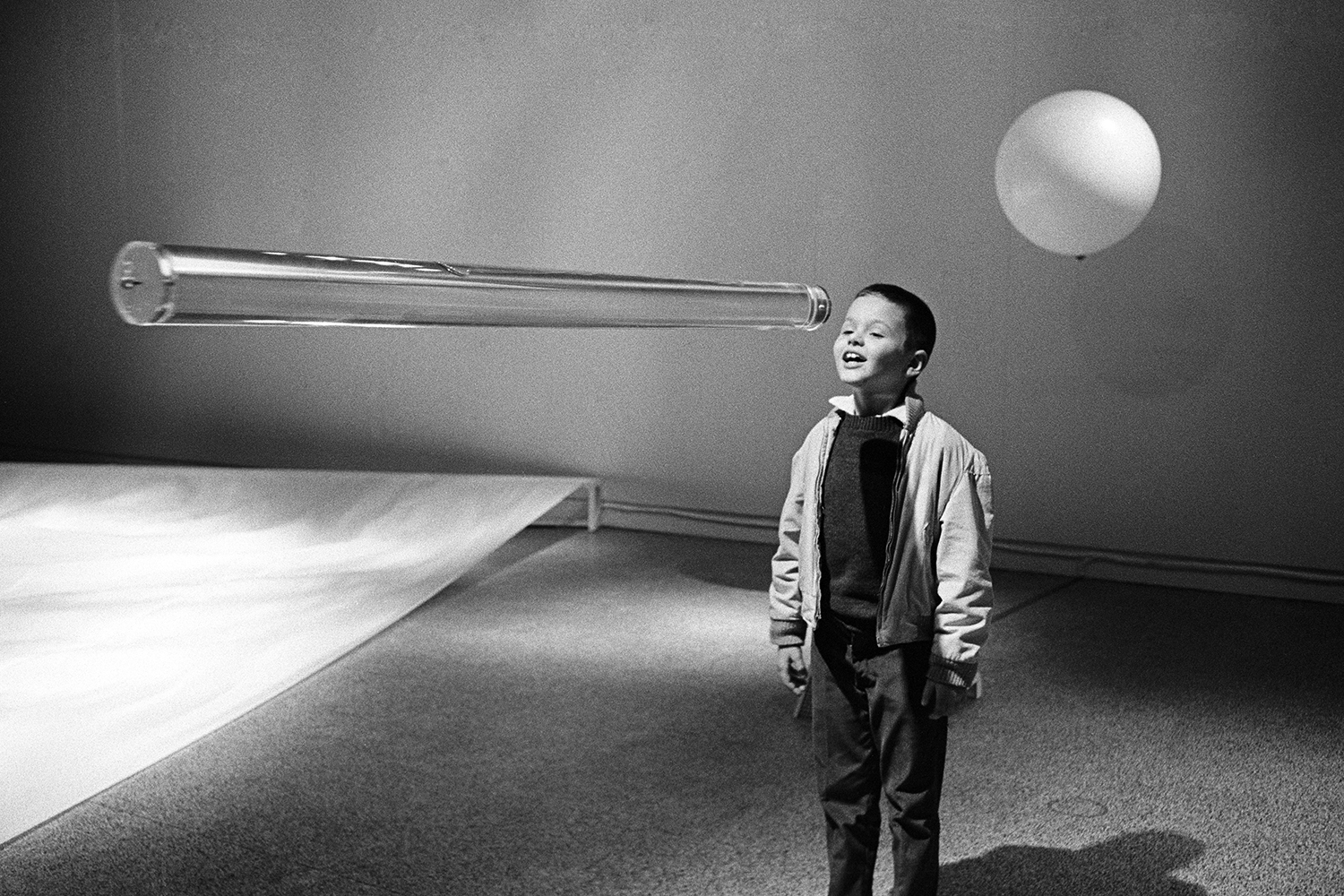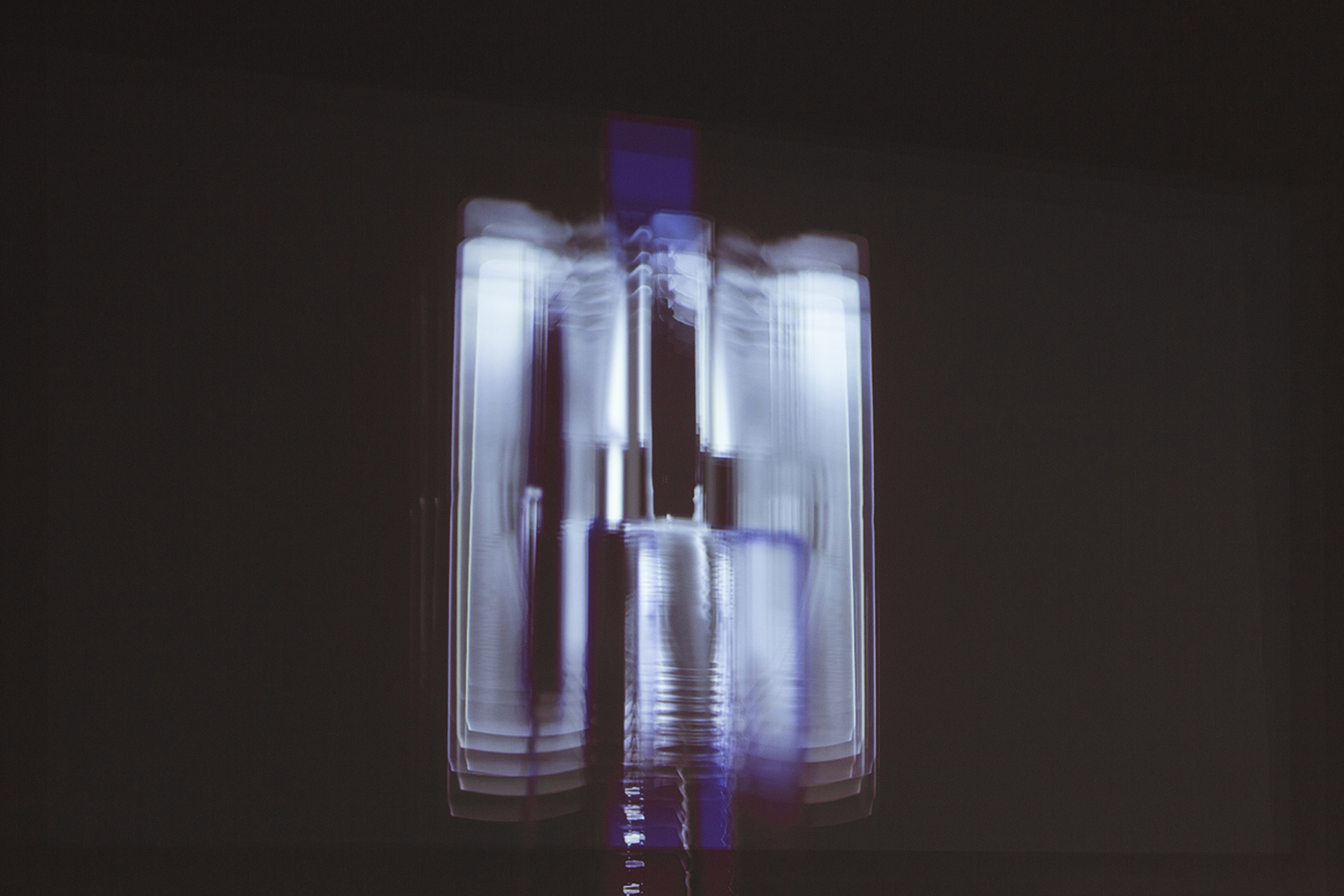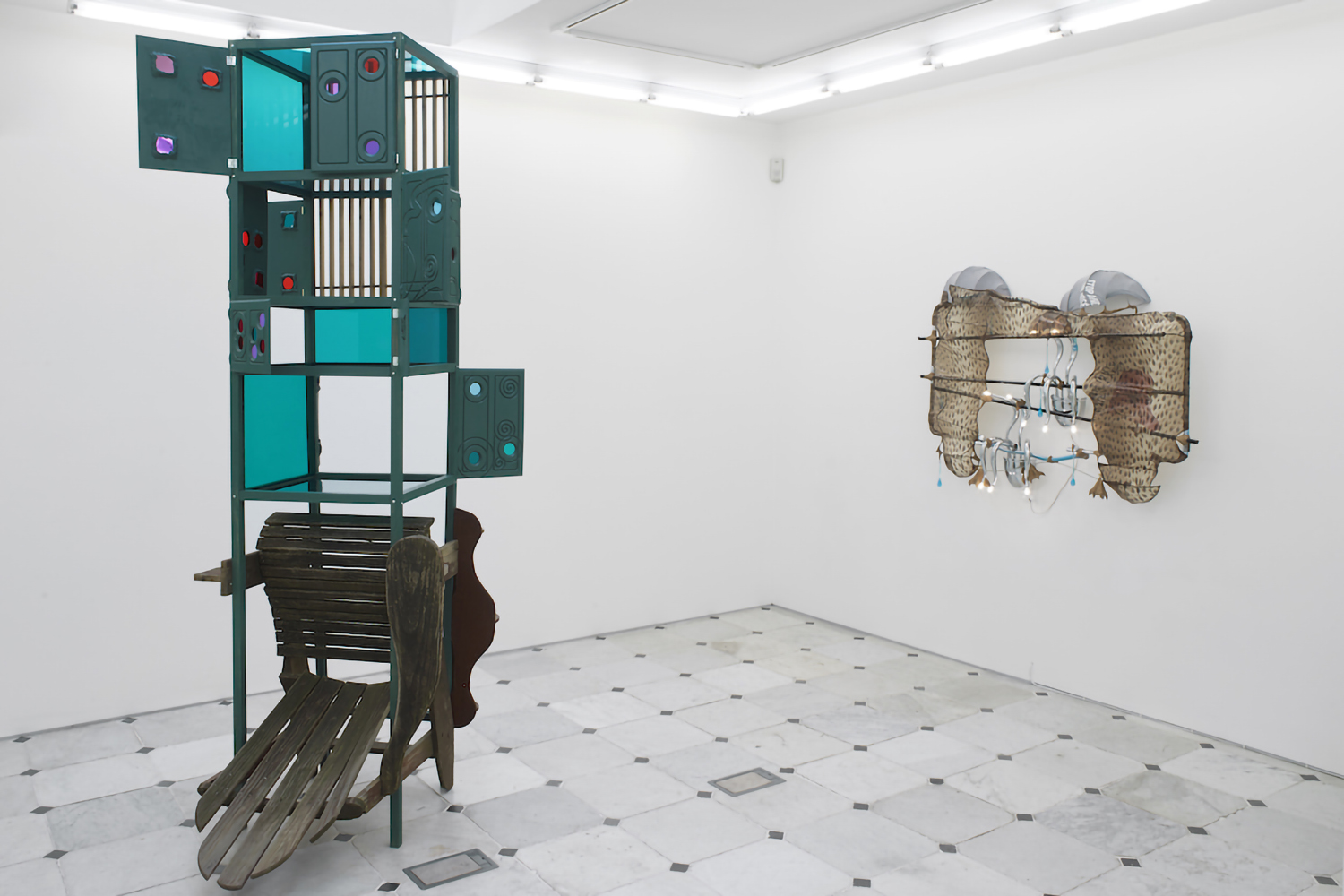Originally published in Flash Art International no. 329 February-March 2020
There are parts of our minds in which truth and falsehood are the same. Sometimes they merge and become another kind of truth — a reality that lives within us, which we may then try to freeze, explore, and expand upon. From there a new subconscious process is born.
Sometimes I believe I’ve killed someone and no one has ever found out. The experience of violence manifests in very specific moments in our lives, and when it does arrive. The artist’s voice-over, which you won’t be able to hear, ramps up the psychological pathos. The subtle and masked violence in the soundtrack, once eliminated, unexpectedly turns the story into a visual and moral comfort zone. This is the power of words; this is the power of images; but, mainly, this is the power of the mind.




